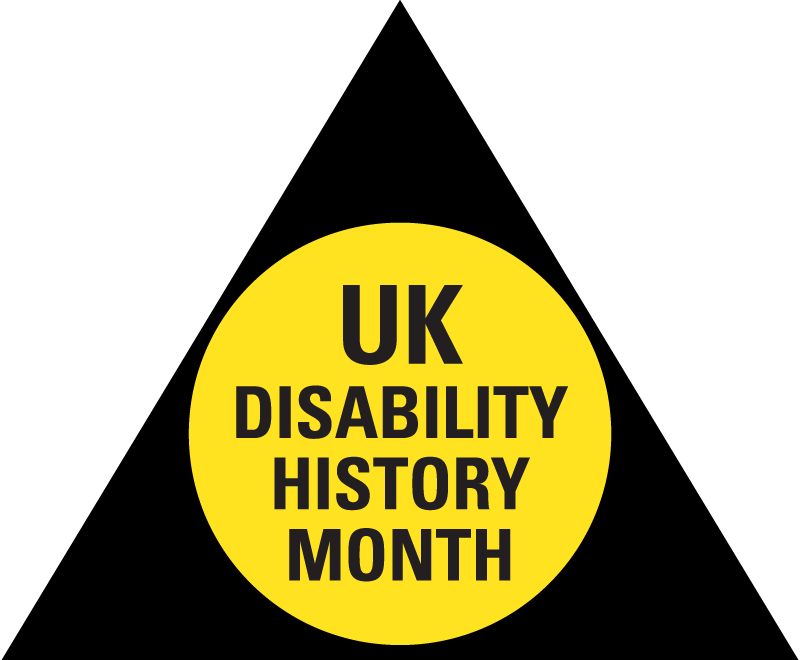– Originally published in The Huffington Post 10/08/2015
![2015-10-08-1444327749-218295-coney[1]](http://ukdhm.org/v2/wp-content/uploads/2015/10/2015-10-08-1444327749-218295-coney1-680x510.jpg)
“Why are you doing this?” I asked myself as I handed over $10 to enter the infamous Coney Island Side Show. After all, as a person of short stature, I could easily have been exhibited there not so long ago. Yet something about the concept intrigued me, why they are desperately trying to keep this tradition going and how much has changed since the days of “the elephant man.”
Coney Island’s is one of the last permanent freak shows left in America, consisting of 10 acts on a continuous loop. Among them were what you might expect: fire breathers and sword swallowers, plus more provocative ones such as a scantily clad Nigerian woman gyrating with a giant snake to Tina Turner’s “Proud Mary” (I could write a whole other article about that.) But it was the first act that made my heart sink. “Penguin Boy,” whose real name we never learned, was of short stature like me, and born without arms.
As I sat in the awkwardly small audience watching him parade around and make jokes about having no arms, I was struck by two emotions. First, sadness, that in 21st century New York there are still arenas — albeit small and tragic ones — where people with disabilities are exhibited as objects of curiosity. Second, I felt a sense of anger and disappointment: I was judging this man for voluntarily presenting himself as a freak. Strangely, I did not feel such anger toward the other performers, who were also apparently willing to be seen as different and provocative. I wondered if in fact I was being discriminatory. Surely it is his right to participate in whatever endeavors he chooses? After all, his act was not solely based on letting the audience gawk at his “imperfect body.” At the very end of his segment, he shoved a screwdriver firmly up his nostril.
On reflection, the reason for my anger was because my whole life I have felt like an object of curiosity. Standing at 4’5″, I am regularly stared at, receive comments, laughter and occasionally actual abuse about my height. I have never wanted to be perceived as a social misfit, yet I am constantly reminded that I am not what society considers “normal.” And here was someone in a similar position actively perpetuating the idea that people of short stature are freaks and objects of curiosity.
In the UK, where I am from, there is a TV show that causes me dread every time a new series is announced. Astonishingly in its fifth season, The Undateables presents the stories of people with disabilities looking for love. There has been much debate about the show’s ethics and whether it is appropriate prime-time scheduling. For me such programs are modern day freak shows. Although repackaged and involving mostly willing participants (though I question the extent to which some of the contestants with intellectual disabilities give informed consent), they are always made by people without disabilities, for a mostly non-disabled audience and reinforce the idea that people with disabilities — people like me — are different, that we don’t quite make the grade.
I can choose not to watch The Undateables. But I do not have a choice about the increase in unwanted attention I get when it is screened. I am frequently mistaken for contestants from that show, as is my friend Lucy, who was once waiting to cross the street when a man shouted from a passing van, “Have you found a boyfriend yet?” The people I’ve been mistaken for use wheelchairs or look nothing like me. But to the people who revel in these shows, we are all the same.
The popularity of old freak shows has long disappeared, but their legacies have not. I would challenge the producers of shows like The Undateables, anyone who watches them and any person with a disability who is considering participating in one to think about the effect they have on average people with disabilities who just want to get on with their lives, without being singled out as abnormal or freakish. It is disappointing that in countries such as the US and the UK, with advanced legislation against discrimination and strong disability movements, our attitudes toward people with disabilities are still not more enlightened.
